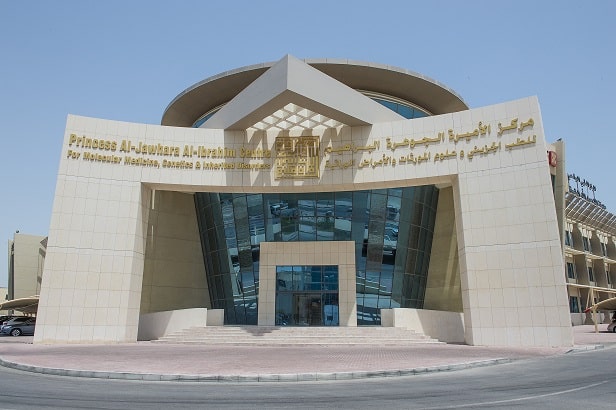Bahrain marked Rare Diseases Day
By Raji Unnikrishnan
In Bahrain, there’s a notable surge in the involvement of young people in advocating for rare disease awareness, said a leading geneticist in the country.
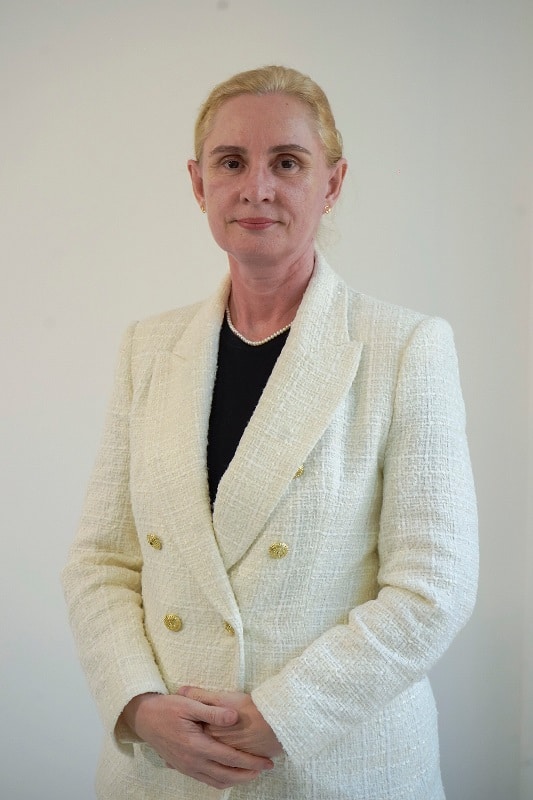
Princess Al Jawahara Centre Medical Genetics and Genomics Consultant and Care for Rare Support Group chair Dr Cristina Skrypnyk emphasised the pivotal role of students and volunteers in fostering a new mindset towards rare diseases within the community.
She was sharing her insights with Bahrain This Week as the nation observed Rare Diseases Day (RDD) on February 29. The group organised several events across Bahrain to mark the day.
“More students are willing to be part of the campaign, and those who joined once are coming back and are willing to support the change in their community and plant seeds for future generations,” said Dr Skrypnyk.
“Each year, we see that they are very enthusiastic to go to school and spend time with children of various ages, promoting inclusion, acceptance, and tolerance of differences between healthy people and those affected by a rare condition. More are interested in how they can make a difference, and I see their perspective changing when they get the chance to meet with rare people and their families, when they understand the story behind them and what huge achievements they reach by battling all odds against them, from severe medical diagnoses to community exclusion, school bullying, etc. Learning the science background of these rare conditions and embedding it with live experience is shifting the thinking at different levels, hopefully making more youth understand better that we are all here to make a difference and serve not only with our knowledge but with our involvement.”
She explained that RDD campaigns are aimed at enforcing more humility, respect, reflection, and the spirit of sharing and contribution in order to bring about a positive change in our community.
“It aims to inspire others to help and contribute to the prevention of genetic disorders and to a better quality of life for people and families who are struggling because they being affected by a rare condition.”
She said she was equally grateful for all the rare people and families who trusted the group and came to share their experiences by joining the campaigns each year.
“They are inspirational and motivational for the medical students and youth to focus on all aspects of their training, not only knowledge but also communication, empathy, continuing support, and understanding.”
Arabian Gulf University (AGU) Year 5 medical student and RDD Bahrain 2024 Team Mohamed Ahmed Buhammood Alqahtani said rare diseases hold a good share of the medical educational curriculum.
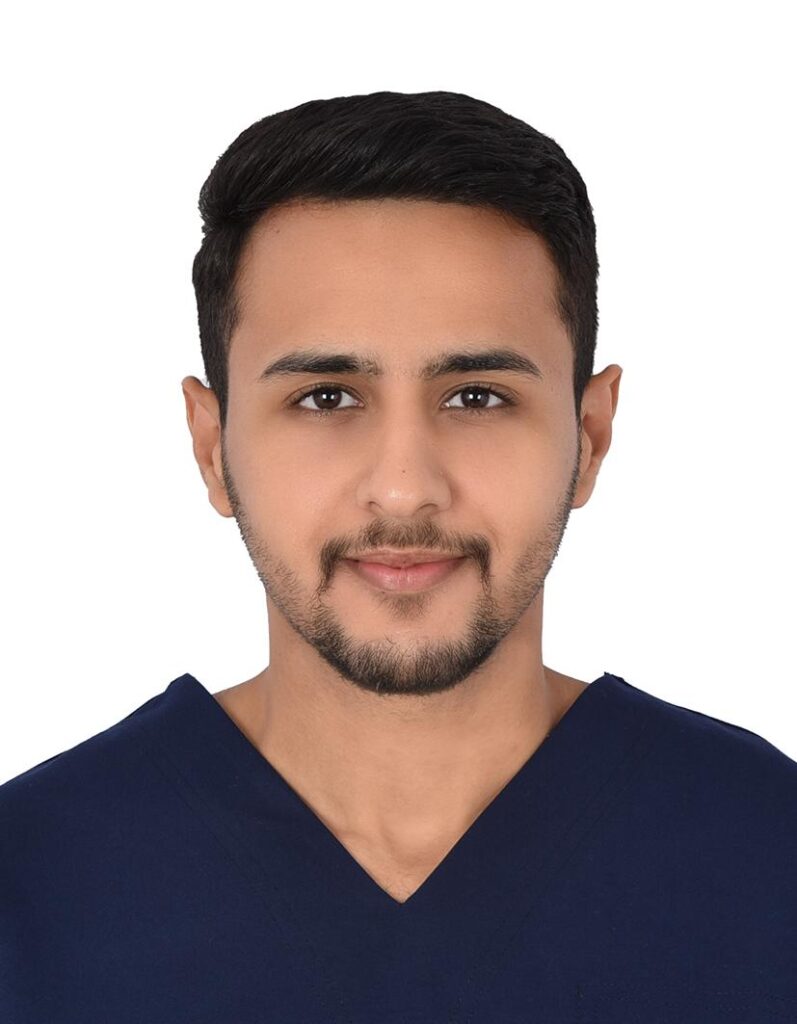
“However, in modern medicine, patients’ narratives behind illnesses are often marginal in favour of scientific facts and findings,” he said. The stories, experiences, and emotions from rare and unique individuals’ perspectives are equally, if not more, important than the science. I think it is important for us to see what everyone chooses not to see, to hear what no one else hears, that is, to listen to the beating heart with interwoven emotions, to comfort a worried mind filled with uncertainty, and to be compassionate above all.”
He said RDD served as an annual reminder of the need for heightened awareness and advocacy.
“It is an opportunity to unite with patients, families, researchers, and policymakers, raising public consciousness about these conditions. By coming together, we were able to foster collaborations, promote research, and advocate for improved access to healthcare services and resources dedicated to rare diseases. By embracing RDD and actively participating in efforts to raise awareness, we hoped to make a difference in the lives of those affected by rare diseases. I would use this opportunity to encourage Bahraini youth, particularly those with hereditary conditions in the family and who are consanguineously married, to seek genetic counselling from a geneticist. Through our efforts, we strive to ultimately improve the quality of life for individuals living with these conditions and their families, and prevent the occurrence of such conditions. Remember, we are all rare, and that’s what makes us unique individuals.”
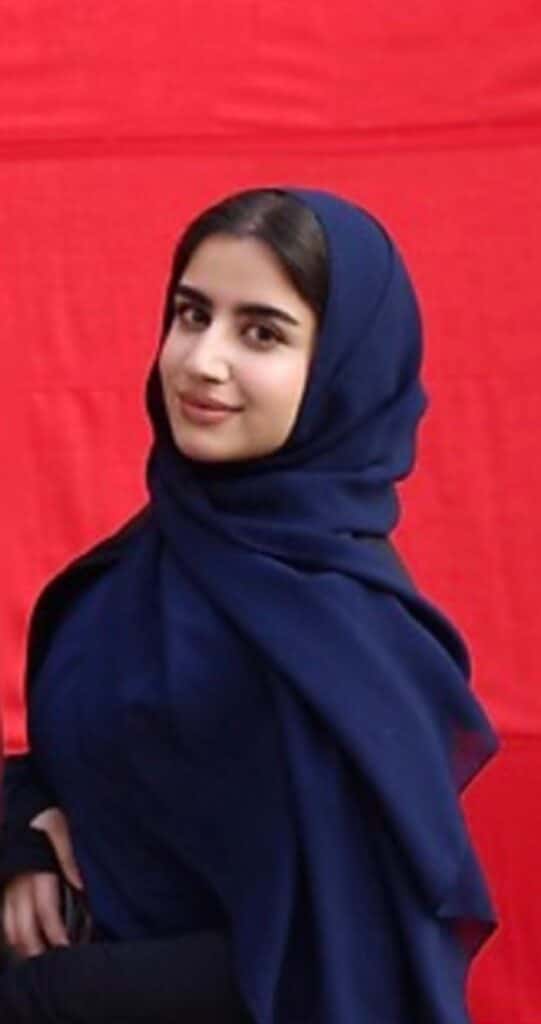
Mohammed’s classmate Fatima Amini said that the rare disease event left a great impact on her personally and as a medical student and a future doctor.
“Throughout the event, the diversity and uniqueness of each individual’s journey with a rare disease left a profound impact on me. Witnessing the resilience, courage, and strength exhibited by the individuals and their families has been truly inspiring. During the event, I had the privilege of connecting with approximately 30 individuals. Each interaction was a valuable opportunity to listen, learn, and offer support in my own small way. It was humbling to witness the positive impact that even a single conversation can have on someone’s life. I am grateful for the chance to make a difference, no matter how small, and bring a moment of solace or encouragement to those I connect with. Every encounter I had left a lasting and a memorable impact on me.”
Two Bahrainis fighting rare disease conditions who are part of the group shared their thoughts, emphasising the importance of raising awareness.
Zainab Habib Ali said she personally experienced challenges in hospitals and with doctors.
“To increase awareness, we should consider organising educational events for patients, their families, and medical professionals in Bahrain, as well as inviting professionals from other countries,” said Zainab, a 28-year-old graphic designer.
“Additionally, interactive workshops in the medical sector can also be beneficial in raising awareness. These efforts can benefit all parties involved and contribute to the education and growth of the medical community.”
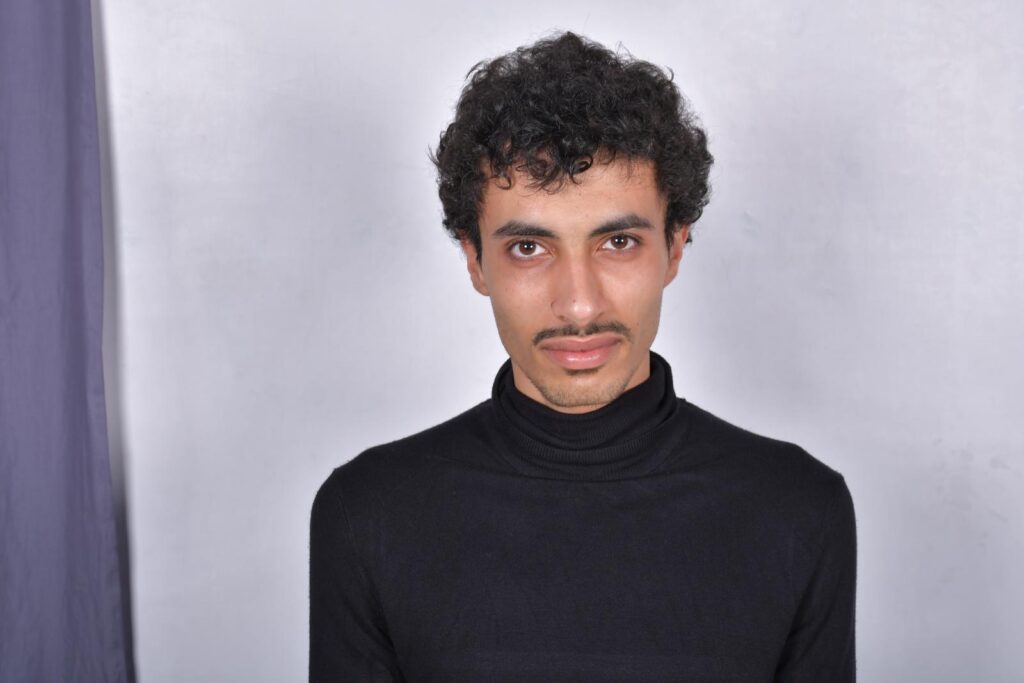
Medical student Omar Mohammed Abdulrazzaq said that he discovered a remarkable gift that would shape his life’s purpose in the depths of relentless chronic pain.
“The pain, though excruciating, became a catalyst for transformation. It opened my eyes to the struggles faced by those with rare diseases. Surprisingly, many individuals with any kind of disease don’t attempt to leverage their conditions for personal benefit. During my late-night reading sessions in the hospital bed, as a patient with a rare genetic disorder, I realised the power of understanding what each disorder is trying to communicate. There exists an urgent need for increased support and resources for those afflicted. Driven by this realisation, I became determined to bridge the gap between medical research and patient care. Advocating for awareness became my mission, as it holds greater importance than mere funding. In this journey, I unearthed a profound truth: balance is the key to evolution. By embracing our challenges and extending a helping hand, we unlock the true potential of our humanity. Inspired by my own pain, I am committed to creating a world where compassion and understanding prevail, and the future is dazzling.”
Pro Voiceover Artist and Community Engagement Projects Consultant Reham Ahmed Yusuf lives with a rare condition of Mast Cell Activation Syndrome.
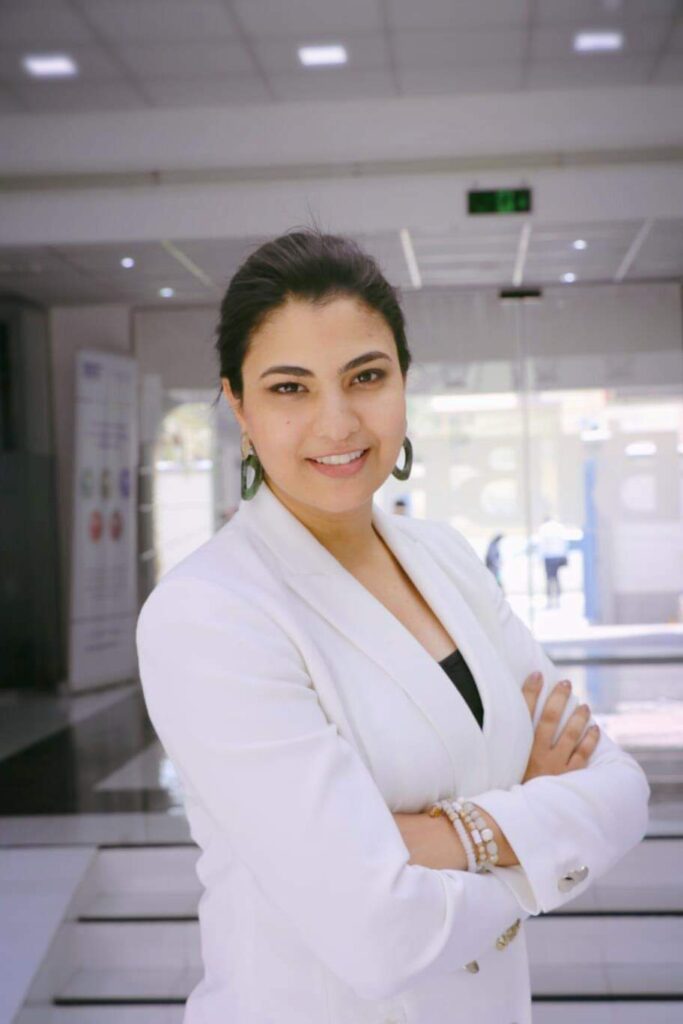
“At times, it can be a struggle; from struggling to manage symptoms, to navigating societal misconceptions within the medical field and the community can be isolating,” said the 34-year-old.
“By raising awareness, we can break down the stigma and create a more inclusive world.
I find sharing my story and advocating for my condition while also being a voice for others paves the way for improved treatments and a brighter future. Together, we can ensure that those with rare diseases are not defined by their condition but empowered to live fulfilling lives.”

